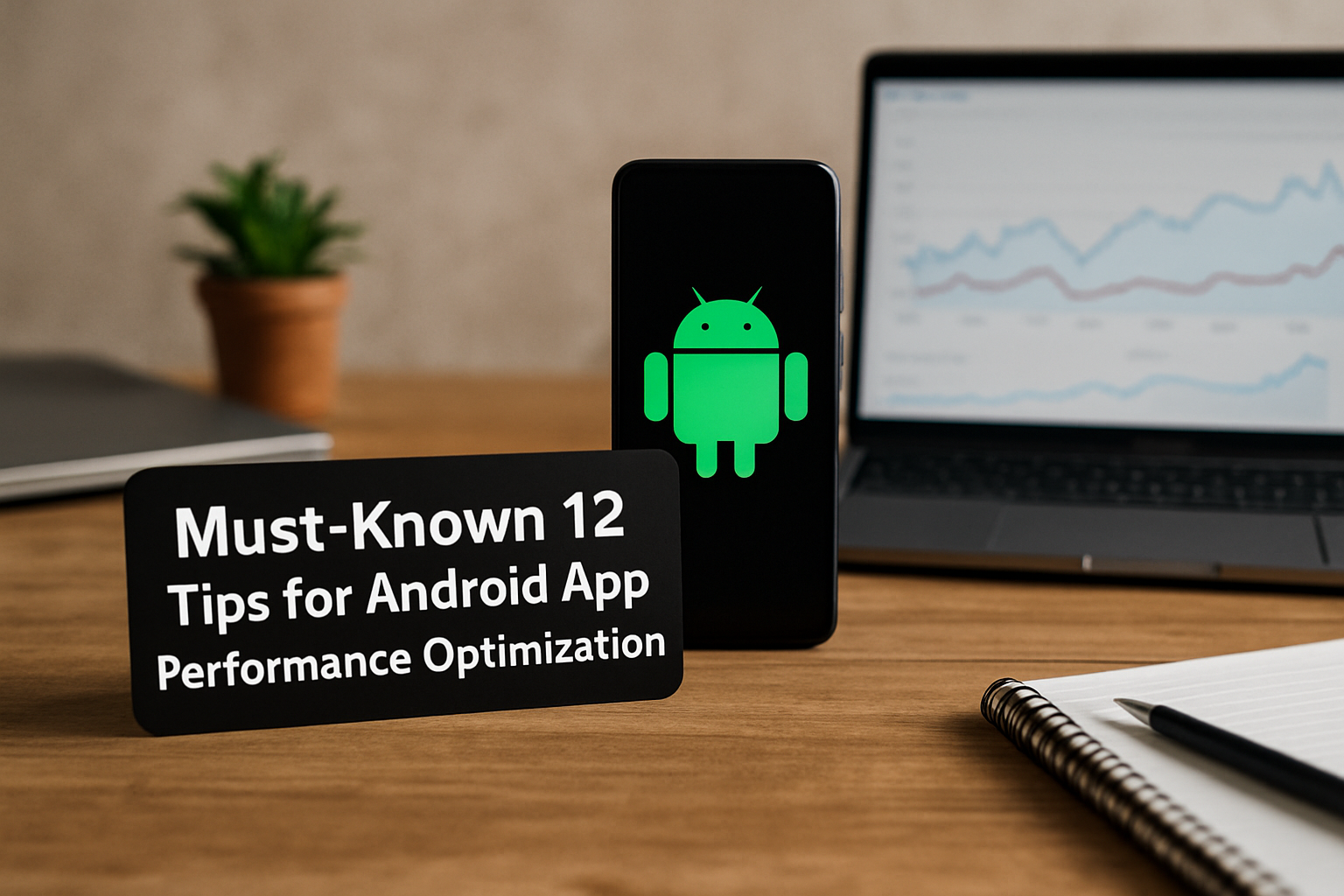In the fast-paced digital age, where technology continues to revolutionize the way we live and work, marketing strategies have undergone significant transformations. Traditional marketing techniques like print ads, billboards, and television commercials, while still relevant in some industries, are gradually being replaced or supplemented by digital marketing. This shift isn’t just a trend — it’s a necessity driven by the way people consume information today.
Whether you’re a startup entrepreneur, a small business owner, a freelancer, or part of a large corporation, understanding the advantages of digital marketing can open up a world of opportunities for growth, visibility, and engagement. In this article, we’ll take a deep dive into the multiple benefits digital marketing offers and why it’s become an essential tool for businesses of all sizes in virtually every industry.
- Global Reach
One of the most remarkable advantages of digital marketing is its ability to break geographical barriers. Unlike traditional marketing, which is often limited by location and distribution channels, digital marketing allows businesses to reach a global audience with minimal effort.
- Why it matters: A business based in Mumbai can market its products to customers in London, Sydney, or New York in real-time without physically being present there. This global access opens doors to new markets, broader audiences, and international opportunities.
- Example: E-commerce giants like Amazon or service platforms like Fiverr have harnessed digital marketing to serve a worldwide clientele, growing their businesses exponentially.
- Cost-Effectiveness
Marketing budgets are often a concern, especially for startups and small businesses. Digital marketing levels the playing field by offering cost-effective solutions that can rival traditional campaigns.
- Lower costs compared to traditional advertising: Running a social media ad campaign or sending out an email newsletter is significantly cheaper than investing in print ads, radio spots, or television commercials.
- Flexible budgeting options: Businesses can start small, test the waters, and increase their marketing spend as they see positive results, making it a scalable option.
- Example: A local clothing brand can promote its new collection on Instagram for a fraction of the cost of placing an ad in a popular fashion magazine.
- Measurable Results
One of digital marketing’s greatest strengths is the ability to track, measure, and analyze campaign performance in real-time.
- Analytics tools: Platforms like Google Analytics, Facebook Insights, and SEMrush allow marketers to see detailed reports on audience engagement, conversion rates, click-through rates, and more.
- Data-driven decisions: Marketers can use this data to fine-tune their strategies, discontinue underperforming campaigns, and optimize high-performing ones.
- Example: An online store can track which product pages attract the most traffic and adjust promotions accordingly.
- Targeted Audience Reach
Unlike traditional methods that reach a broad, often uninterested audience, digital marketing offers precision targeting.
- Demographic and behavioral targeting: Businesses can segment audiences based on age, gender, location, interests, purchase history, and online behavior.
- Personalized marketing: Marketers can create customized messages and offers for different audience groups, improving the chances of conversion.
- Example: A fitness app can target health enthusiasts on Facebook, offering customized workout plans and diet tips.
- Higher Engagement
Digital marketing facilitates two-way communication, which encourages engagement and builds relationships with customers.
- Interactive content: Polls, contests, quizzes, and live videos can capture users’ attention and encourage participation.
- Social media interaction: Platforms like Instagram, Twitter, and Facebook allow businesses to interact directly with customers, answer queries, and receive feedback in real time.
- Example: Brands like Netflix actively engage with followers on Twitter through memes, humorous comments, and polls, creating a strong sense of community.
- Better Conversion Rates
Since digital marketing involves precise targeting, personalized content, and actionable calls to action, it often results in higher conversion rates.
- Lead nurturing: Email marketing, remarketing campaigns, and personalized offers guide potential customers through the buying journey.
- Instant purchasing opportunities: Online ads and social commerce features allow users to make instant purchases, reducing decision-making time.
- Example: An online footwear store can retarget customers who abandoned their carts with a discount offer, boosting conversions.
- Enhanced Brand Awareness
Digital marketing provides countless opportunities to improve brand visibility and recognition.
- Consistent online presence: Regular posts, blogs, videos, and ads keep a brand at the top of a consumer’s mind.
- Viral potential: Engaging or emotional content can go viral, exposing the brand to a massive audience in a short span.
- Example: Dove’s “Real Beauty” campaign gained worldwide attention for its empowering message and relatable content.
- Access to Mobile Consumers
With more than 6.9 billion smartphone users globally (as of 2025), reaching consumers on their mobile devices is more crucial than ever.
- Mobile-optimized marketing: Digital marketing techniques like SMS marketing, app-based marketing, and mobile-friendly websites ensure businesses reach consumers on the go.
- Location-based marketing: Brands can send tailored offers and promotions to users based on their location via GPS technology.
- Example: Starbucks sends push notifications with personalized discounts when customers are near a store.
- Flexible and Adaptable Strategies
One of the digital marketing’s defining features is its flexibility.
- Adjust campaigns in real-time: Marketers can quickly pause, modify, or optimize ads and strategies based on immediate performance metrics.
- Test and learn approach: A/B testing and split testing allow businesses to compare different content, headlines, and calls to action to determine what resonates best.
- Example: An online coaching platform can test two email subject lines to see which one gets a higher open rate.
- Opportunities for All Business Sizes
Digital marketing isn’t reserved for large enterprises — it offers equal opportunities to small businesses and startups.
- Affordable entry points: Social media marketing, content creation, and SEO require minimal investment but can yield significant results.
- Build communities: Small brands can use digital platforms to build loyal customer bases through storytelling and value-driven content.
- Example: A handmade jewelry brand can build a following on Instagram by sharing behind-the-scenes content and engaging with followers.
- Improved Customer Retention
Retaining existing customers is more cost-effective than acquiring new ones, and digital marketing offers tools to nurture these relationships.
- Email marketing campaigns: Regular newsletters and personalized offers keep customers engaged.
- Loyalty programs and retargeting: Rewarding loyal customers with exclusive offers or retargeting them with new products increases retention rates.
- Example: E-commerce platforms like Myntra and Amazon offer personalized product recommendations based on past purchases.
- Influencer and Affiliate Marketing Potential
The rise of social media influencers and affiliate marketers has opened new avenues for brand promotion.
- Trusted recommendations: Influencers have loyal followers who value their opinions, making influencer marketing highly effective.
- Performance-based partnerships: Affiliate marketing enables businesses to pay commissions only when a sale is made, reducing risk.
- Example: Fashion brands collaborate with Instagram influencers to showcase new collections, leading to higher brand credibility and sales.
- Content Marketing Advantages
Content remains king in the digital world, and digital marketing offers multiple platforms to publish and distribute valuable content.
- Diverse formats: Blogs, videos, podcasts, infographics, and social media posts cater to various audience preferences.
- SEO benefits: Consistent content creation improves search engine rankings, driving organic traffic to websites.
- Example: HubSpot’s blog and free resources have made it a thought leader in the inbound marketing space.
- 24/7 Marketing Availability
Unlike traditional stores or ad campaigns limited by working hours, digital marketing operates around the clock.
- Always-on presence: Websites, social media, and e-commerce platforms remain accessible to customers at all times.
- Automated tools: Email campaigns, chatbots, and scheduled posts keep engaging customers even outside business hours.
- Example: An online education platform can run webinar ads targeted to different time zones, ensuring continuous lead generation.
- Eco-Friendly and Sustainable
As consumers become increasingly conscious of sustainability, digital marketing presents an environmentally friendly alternative to paper-based or physical advertising.
- Reduced paper waste: Digital brochures, newsletters, and ads eliminate the need for printed materials.
- Lower carbon footprint: Online campaigns avoid the environmental impact associated with billboards, printed ads, and TV commercials.
Conclusion
Digital marketing has undeniably revolutionized how businesses connect with their audience. Its advantages — from global reach and cost-effectiveness to measurable results and enhanced customer engagement — make it an indispensable tool in today’s competitive market.
Whether you’re an entrepreneur aiming to build a brand from scratch or a large corporation seeking to refine your marketing strategies, the benefits of digital marketing are too significant to ignore. By leveraging the various digital channels, tools, and strategies available, businesses can not only achieve their marketing goals but also stay relevant in an ever-evolving digital world.
As technology continues to advance and consumer behavior shifts, the importance of digital marketing will only grow, making it a smart, sustainable, and strategic investment for businesses of all kinds.










Leave a Reply